Hydroponic Systems and the Future of Food Security
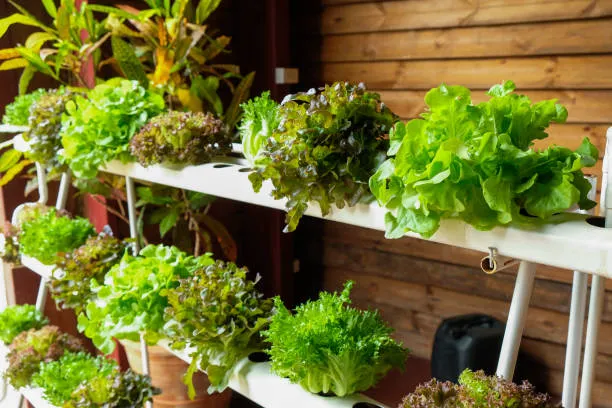
Why Does Food Independence Matter More Than Ever
In today’s world, food insecurity isn’t a far-off issue—it’s right here, in the aisles of the big-box grocery stores where we’re used to getting whatever we want, when we want it. But now, global supply chain disruptions, climate change, and rising costs make it harder to access fresh, healthy, affordable food. The solution? Food independence.
Imagine knowing exactly where your food comes from—no chemicals, no long-haul transportation, and no mystery hands in between. Growing your own food is empowering and essential for creating a resilient, healthy, and sustainable future.
Enter hydroponic systems—a revolutionary farming method without soil, perfect for urban homes, small spaces, and climate-impacted regions.
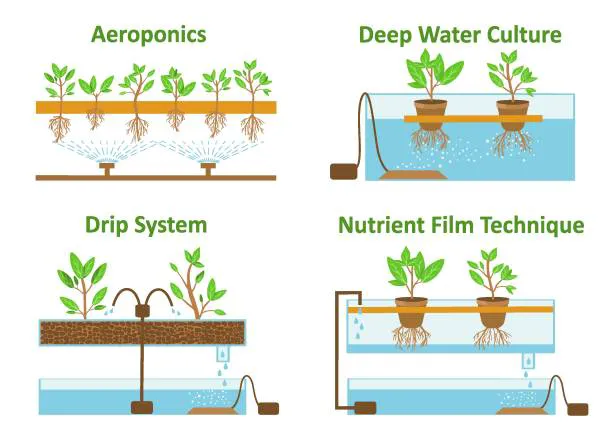
What is a Hydroponic System?
A hydroponic system is a method of growing plants using a nutrient-rich water solution instead of soil. Plants are supported by inert mediums like coconut coir or perlite, and their roots are either submerged or misted with water that delivers exactly what they need to thrive.
This soil-less agriculture technique is used in everything from indoor kitchens to large-scale vertical farms. It’s fast, clean, and incredibly efficient.
✅ Fun Fact: Hydroponics uses up to 90% less water than traditional farming.
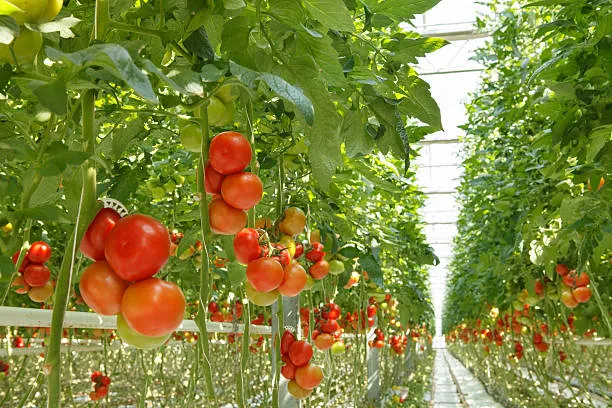
Why Hydroponics is Ideal for Food Self-Sufficiency
Hydroponics is your answer if you’ve ever dreamed of growing your own produce but felt limited by space, soil quality, or climate. Here’s why it’s ideal for homegrown food production:
- Grow Anywhere, Anytime: Hydroponics works indoors, outdoors, and in all climates. No backyard? No problem.
- Fast Growth, Big Yields: Plants grow up to 50% faster. A hydroponic tomato plant can produce up to 48 pounds of fruit—six times more than a soil-grown one.
- Minimal Resources: It saves water and space and eliminates the need for harmful herbicides and pesticides.
- Cleaner, Healthier Food: Nutrient-dense, super fresh, clean produce at your fingertips.
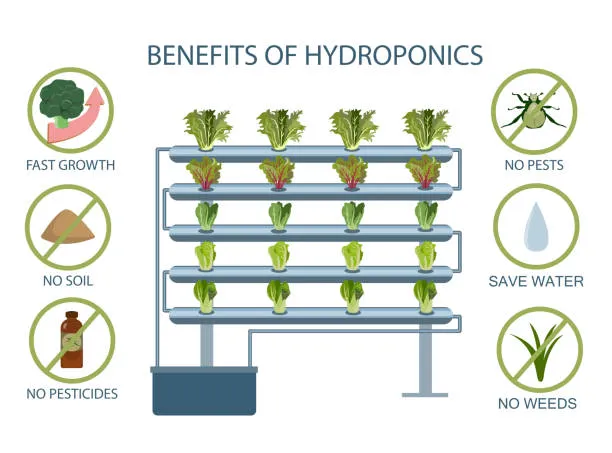
Sustainable Farming at Home: The Environmental Benefits of Hydroponics
💧Water Efficiency: Recycles and conserves water in a closed-loop system.
🚫No Soil Degradation: No erosion, deforestation, or nutrient depletion.
🌎Reduced Carbon Footprint: Eliminates long-distance food transport and packaging waste.
🧪Pesticide-Free: No chemicals leaching into the water or soil.
This makes hydroponics one of the most sustainable farming methods available today.
Smart Technology in Modern Hydroponic Systems
Modern hydroponic systems use smart farming technology to make home gardening more manageable than ever:
+ IoT Sensors monitor pH, light, temperature, and nutrients.
+ AI Algorithms optimize growing conditions and detect plant health issues.
+ App Integration lets you manage your garden from your phone.
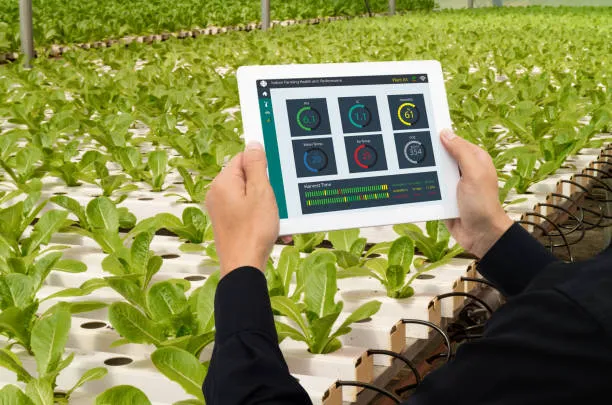
Hydroponics: The Gateway to Urban Food Security
Urban farming will become vital as climate change and urbanization reshape our cities. Hydroponic systems are already being adopted worldwide in apartment buildings, schools, and community centers. Whether you're a homesteader, a sustainability advocate, or just tired of wilted lettuce packaged in plastic from the store, hydroponics puts food security back into your hands.
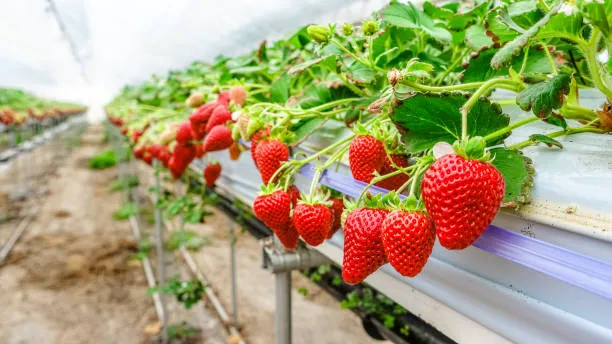
Reclaim Control, One Leaf at a Time
Hydroponic gardening is a fantastic solution. It's how we close the gap between ourselves and our food, reduce our environmental impact, and prepare for a more uncertain future. In a time when the quality, cost, and availability of food are in question, growing your own food isn’t just smart—it’s revolutionary.
Ready to grow your own food and become more self-sufficient?
👉 Contact us to determine which hydroponic system best fits your home, lifestyle, and goals.
Let’s bring fresh, sustainable food straight to your kitchen—no green thumb required.
